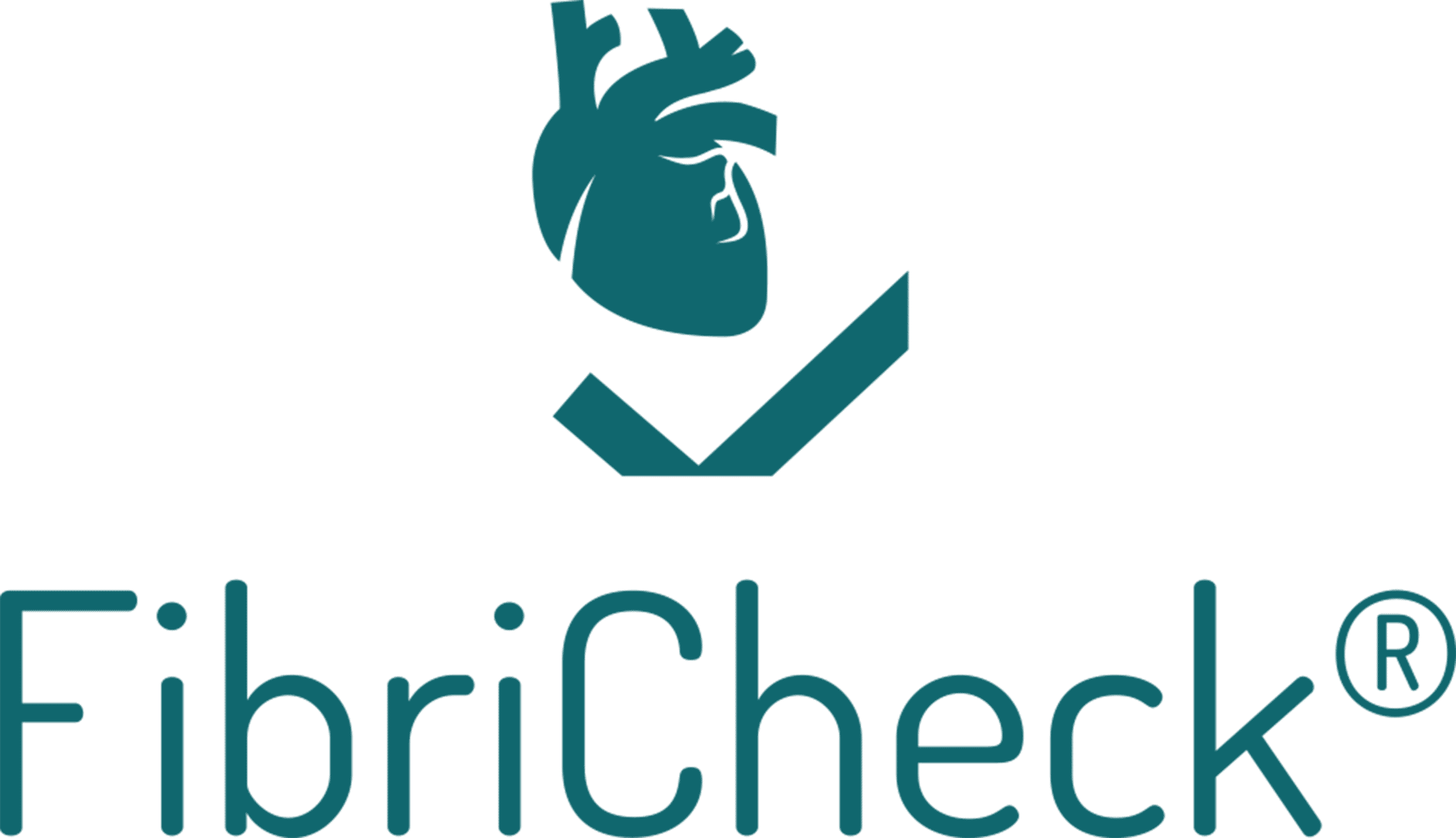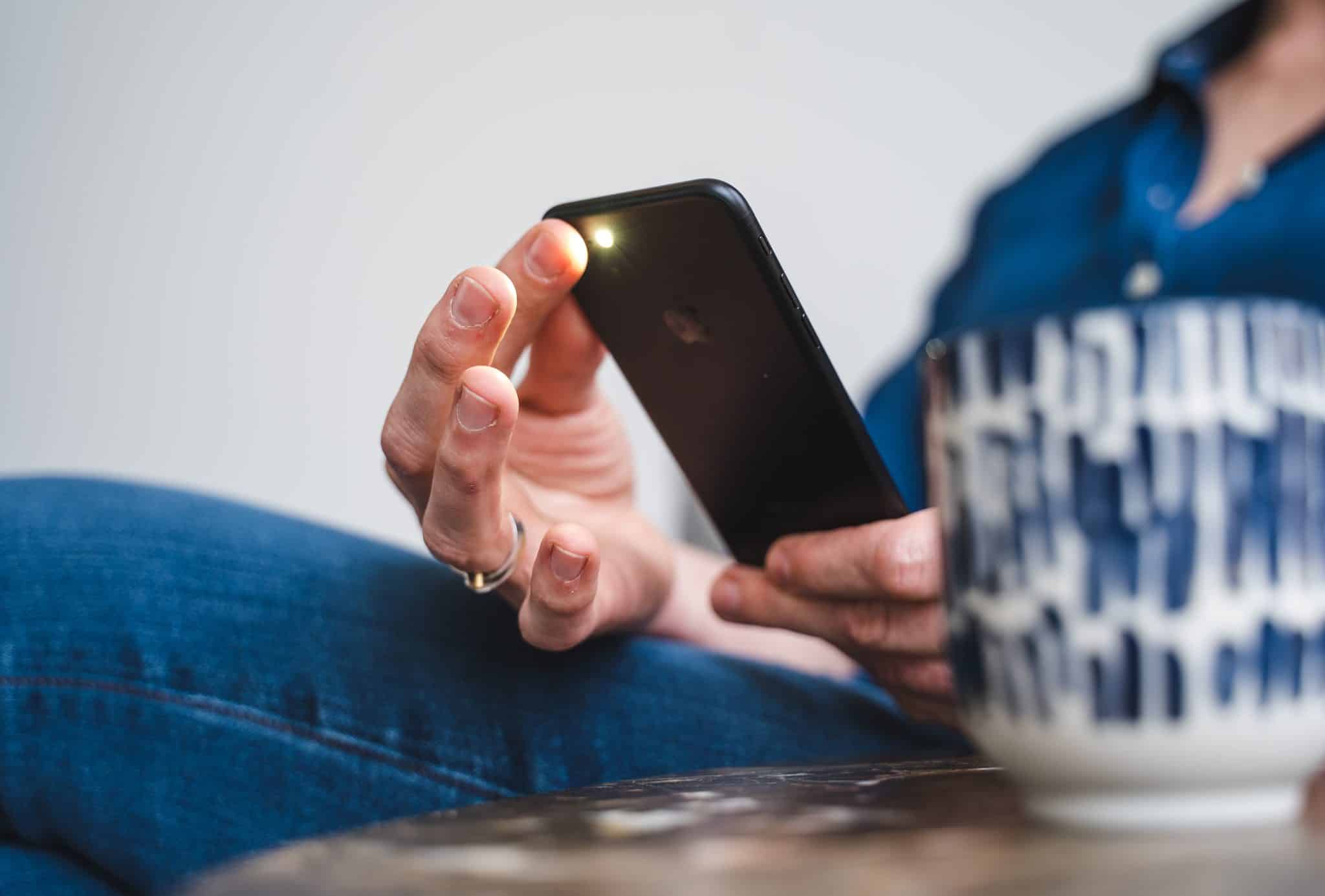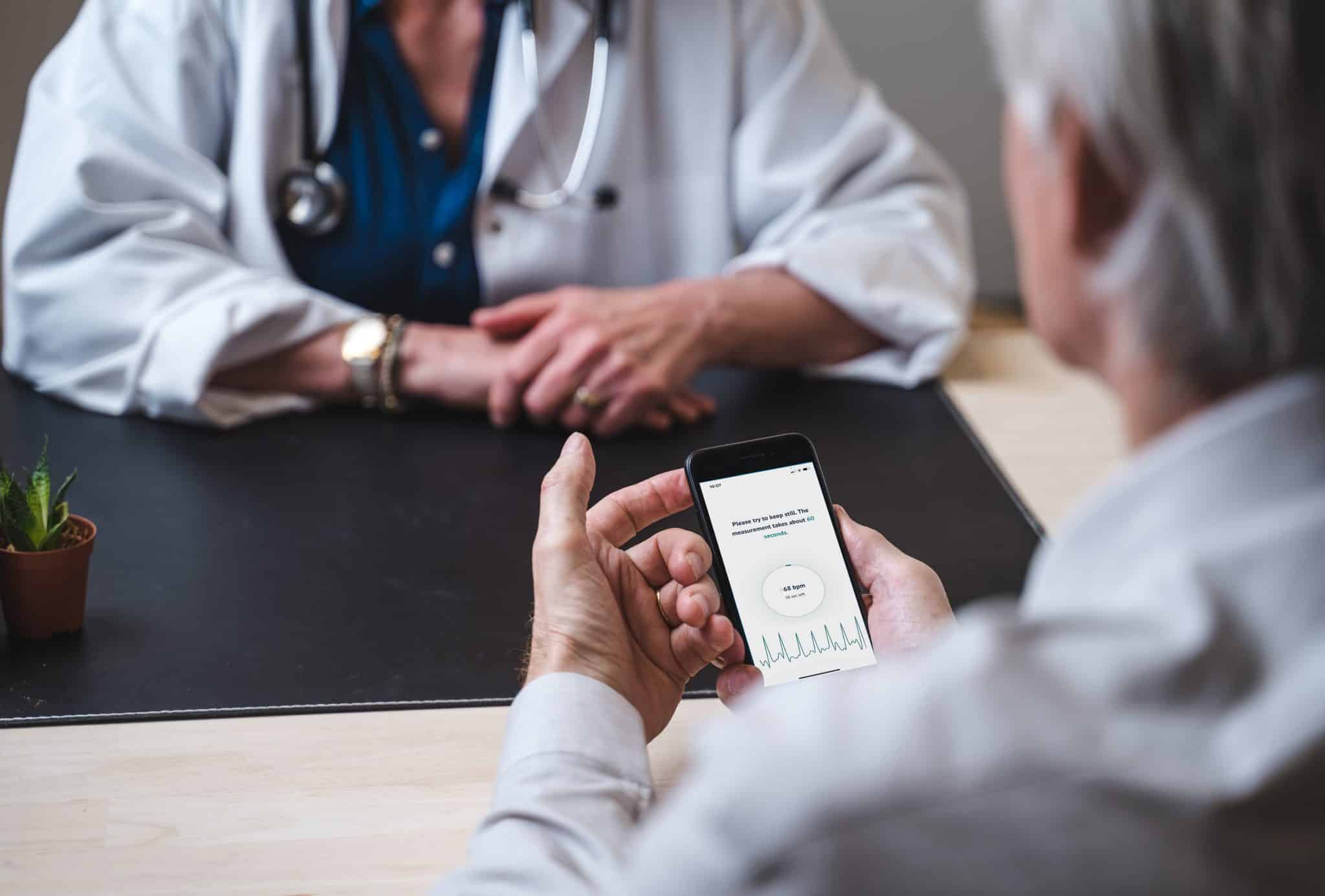During the COVID-19 pandemic, hospitals and medical centres started looking at mHealth and other digital solutions to optimise patient care and manage patient-doctor contacts. As part of the Europe-wide TeleCheck-AF project, Maastricht University Medical Centre+ started implementing large scale tele-consultations in 2020 for many of its heart patients, employing the FibriCheck app to monitor patients’ heart rate and rhythm remotely. By doing so, FibriCheck dramatically reduced the need for traditional face-to-face consultations.
Since then, this groundbreaking approach has become the standard at MUMC+ for patients suffering from AF or other supraventricular heart rhythm disorders. So much so that MUMC+ and Dutch health insurer VGZ have reached an agreement about the reimbursement of FibriCheck in early 2022.
Started as remote monitoring on demand during COVID
In the initial TeleCheck-AF project, 777 AF patients of MUMC+ scheduled for a follow-up consultation were proactively contacted approx. 1 week in advance and invited to install the FibriCheck app on their smartphone. Of this number, 239 patients had a regular AF teleconsultation, 230 had recently undergone a pulmonary vein isolation procedure and 111 had been prescribed electrical cardioversion. Each patient was sent detailed instructions by e-mail and was asked to take 60-second PPG measurements 3 times per day and whenever they experienced symptoms.
The resultant detailed heart rate and heart rhythm recordings were then automatically uploaded to a secure cloud server, thus enabling the treating physician to make clinical decisions and prescribe or adjust treatment based on accurate and reliable data. In particular, the data was used to manage rate and rhythm control medication in patients scheduled for admission to MUMC+’s AF outpatient clinic or for follow-up after undergoing AF ablation.

Structural implementation thanks to enhanced quality and efficiency
MUMC+ not only played its part in limiting the spread of COVID-19, but by giving physicians easy, fast and secure access to reliable data, they learned that FibriCheck’s on-demand monitoring helped reduce the cost and increase the efficiency of healthcare at the clinic, making the health economic case very clear.
Based on objective figures, we learned that FibriCheck can avoid a substantial amount of follow-up consults and diagnostics, thereby saving precious time for all healthcare professionals involved – time that can be spent on those who need care more urgently.
Patients (with an average age of 64) were extremely positive about FibriCheck and how easy it is to perform a measurement. Patients also appreciate being much more engaged in managing their condition. And needless to say, they don’t mind saving time and not having to travel to the clinic for monitoring and treatment.
Reimbursement for digital health
The positive health economic case did not escape the attention of Dutch health insurer VGZ, who in early 2022 agreed to reimburse FibriCheck. It’s an agreement that can easily be scaled to other hospitals and medical centres thanks to the Dutch Healthcare Authority (an agency of the Dutch Ministry of Health, Welfare and Sport) having honoured the agreement, making this a very important step forward for the implementation of digital healthcare.
Remote monitoring at your clinic?
FibriCheck’s medically approved technology makes it incredibly easy for hospitals and medical centres to provide the highest level of care. With all the expertise that was built up over the last couple of years, similar projects can now be rolled out at other clinics in a matter of days.
Created on July 15th, 2022 at 01:36 pm
Last updated on August 3rd, 2023 at 03:50 pm




